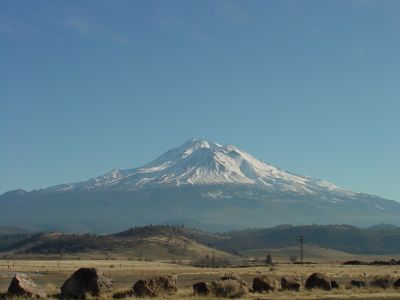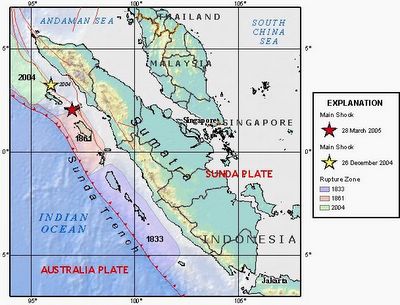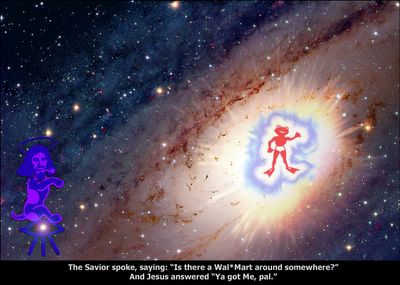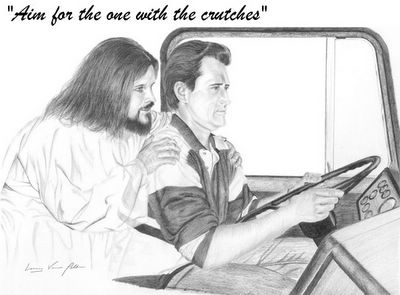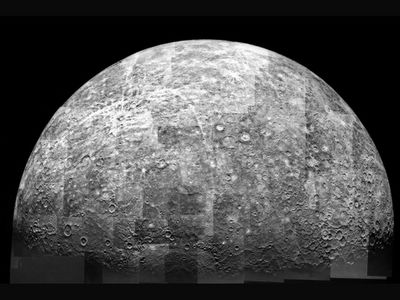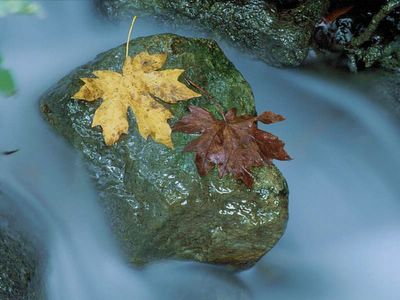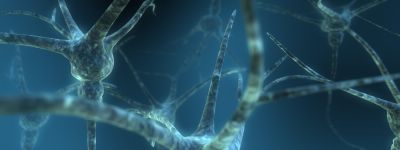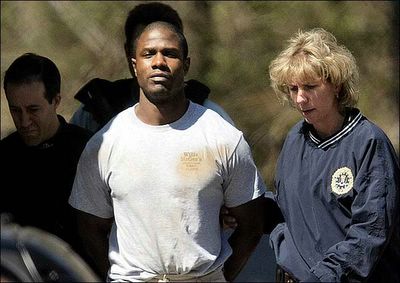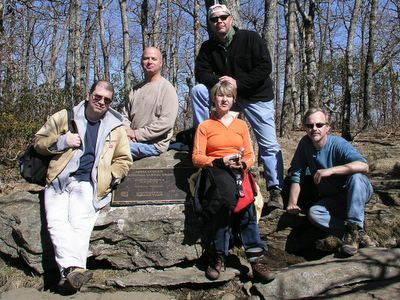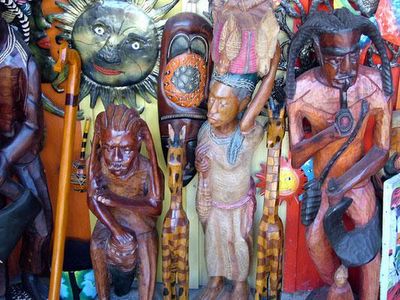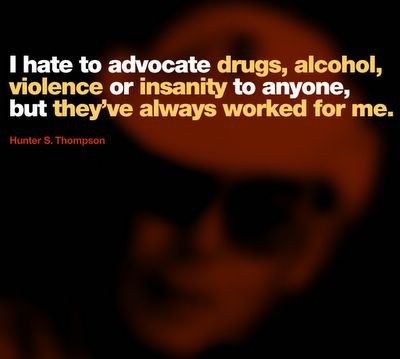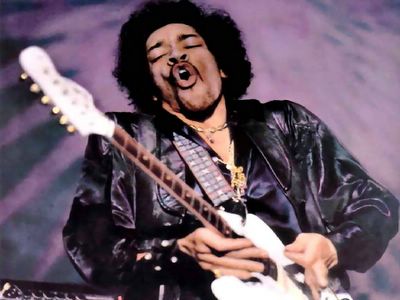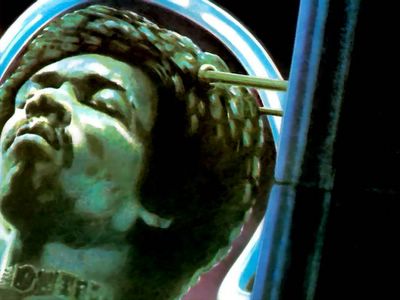
As the Millennium Ecosystem Assessment Synthesis Report shows, we are not good caretakers of the Earth. While I do not subscribe to the notion that there was a former "golden age," when man lived in perfect harmony with nature, I do think that part of the problem is in the current worldview informed by the Platonic/Judeo-Christian tradition. Belief in the natural superiority of human beings and justification for their dominion of a supposedly soulless world stem from this philosophical and religious viewpoint.
This worldview is not the only way to look at the situation, however. As Graham Parkes describes in his essay "Voices of Mountains, Trees and Rivers: Kukai, Dogen and a Deeper Ecology," when Buddhism was transplanted from India to China, some thinkers there began to ask - perhaps under the influence of Taoist ideas - whether the Mahayana vow of Buddhahood to all sentient beings went far enough. A long-running debate began in China during the eighth century over whether or not the logic of the Mahayana required that the distinction between the sentient and the nonsentient be abandoned, and that Buddha-nature be ascribed not only to plants, trees and earth, but even to particles of dust. This contrasts with the Christian tradition, which ignored Aristotle's thoughts on the vegetal soul, and in which arguments over the reaches of salvation were restricted to the question of whether animals have souls.
When Buddhist ideas from China began to arrive in Japan, they encountered the indigenous Shinto religion, according to which the natural world and human world are equally offspring of the divine. Shinto, as John Updike describes it, "has no founder, no official sacred scriptures, in the strict sense, and no fixed dogma. Nor does it offer, as atypically surviving kamikaze pilots have pointed out, an afterlife. It is based on kami, a ubiquitous word sometimes translated as 'gods' or 'spirits' but meaning, finally, anything felt worthy of reverence. . . Kami exists not only in heavenly and earthly forces but in animals, birds, plants, and stones." Kami spirits are not only of the ancestors but also of any phenomena that occasion awe or reverence: wind, thunder, lightening, rain, the sun, mountains, rivers, trees and rocks.
Such a mindset was naturally receptive to the idea that the earth and plants participate in Buddha-nature. Kukai (774-835) was the first to elaborate on the idea of Buddhahood of all phenomena and make it central to his thought.
"If trees and plants are to attain enlightenment,
Why not those who are endowed with feelings? . . .
If plants and trees were devoid of Buddhahood,
Waves would then be without humidity."
In later works, he argued for somuku, the awakened nature of vegetation. He qualified this argument by adding that the buddha-nature of plants and trees is not apparent to normal vision, but can be seen by opening one's "Buddha eye." Parkes points out the idea that the buddha-nature of the natural elements can only be seen via buddha-nature was similar to Kukai's contemporary John Scotus Erigena, a Western philosopher whose life overlaps with that of Kukai by 25 years. Erigena argued that the natural world is God "as seen by Himself."
The practical aspect of Kukai's teaching involves entering into what he called the "three mysteries," or "intimacies." By adopting certain postures (mudras), by chanting certain syllables (mantras), and by allowing the mind to enter into a state of samadhi, or concentration, the practioner will come to directly experience participation in the dharmakaya, the embodied reality of the Buddha. Obviously, those who successfully practice such a philosophy, realizing their participation in the body of the Buddha simultaneously with the divinity of natural phenomena, will treat the natural world with the utmost reverence.

